These BSF guys have crossed their limits. The home ministry should give shoot at sight order to kill BSF goons.
Last edited:
Explore Power, Politics, and the Art of War: Unraveling Power Plays and Political Warfare
Follow along with the video below to see how to install our site as a web app on your home screen.

Note: this_feature_currently_requires_accessing_site_using_safari

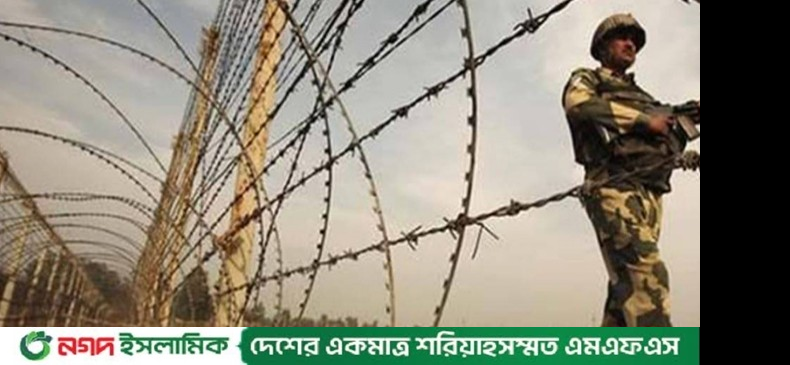
 www.newagebd.net
www.newagebd.net
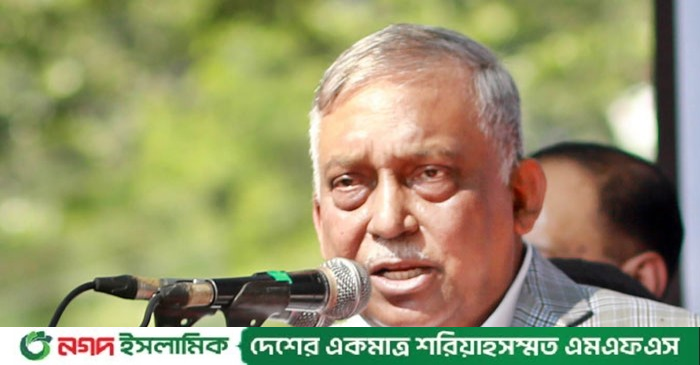
 www.newagebd.net
www.newagebd.net



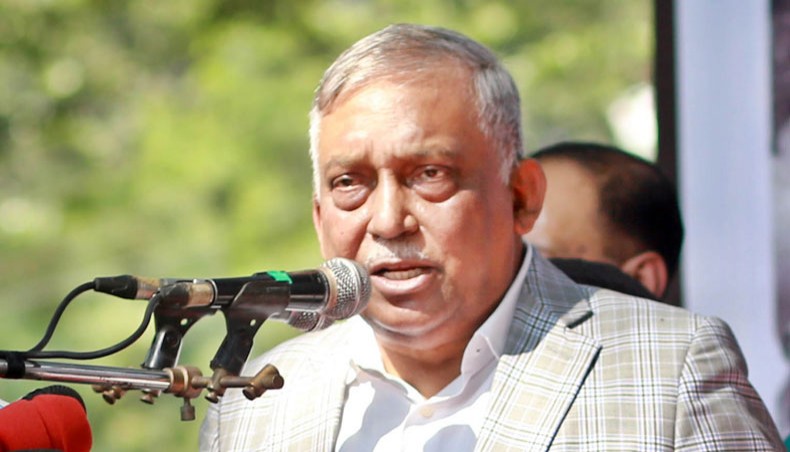

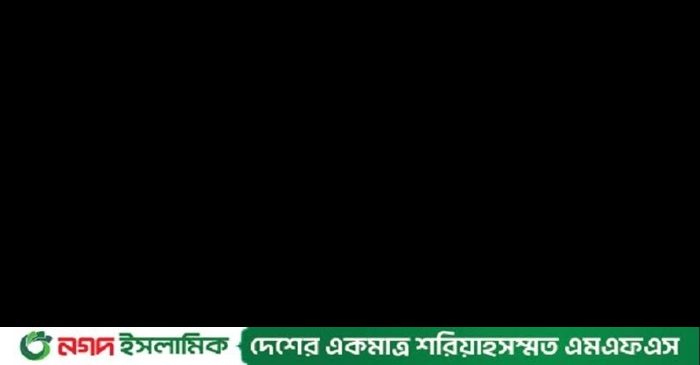
 www.newagebd.net
www.newagebd.net
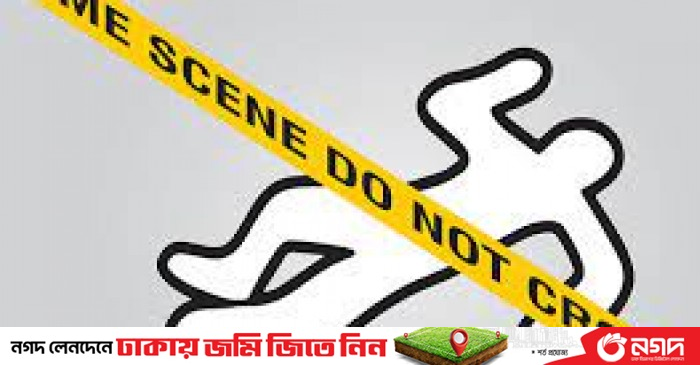
 www.newagebd.net
www.newagebd.net



These BSF b*stards have crossed their limits. The home ministry should give shoot at sight order to kill BSF goons.

India didn't save us from Pakistan in 1971. We fought alone for 9 months(from 25th March to 3rd December) and the Indian army was nowhere to be seen until December 3rd when they moved in East Pakistan. It is the Indian army who saved the Pakistanis from Mukti bahini by sending the Pakistani prisoners of war to India. Learn the history first before you shoot off your mouth.India should have let Pakistan finish it's job in 71.



Lmao, without BSF arming and training Mukti Bahini, it would not be able to do a thing, and would have been crushed, just like how Pakistan crushed the Sindh issue.India didn't save us from Pakistan in 1971. We fought alone for 9 months(from 25th March to 3rd December) and the Indian army was nowhere to be seen until December 3rd when they moved in East Pakistan. It is the Indian army who saved the Pakistanis from Mukti bahini by sending the Pakistani prisoners of war to India. Learn the history first before you shoot off your mouth.
Don't talk rubbish! You mean to say a paramilitary force, BSF, armed and trained Mukti Bahini against one of the most professional armies in Asia( Pakistan army)? What sorts of training and weapons did BSF had at that time? Were they trained and armed like a professional army? BSF was a paramilitary force who were trained and armed to policing the border. They were not trained or armed like an army. So their training and weapons were not needed by the Mukti bahini. Never dare lecturing me about Bangladesh's history, Okay?Lmao, without BSF arming and training Mukti Bahini, it would not be able to do a thing, and would have been crushed, just like how Pakistan crushed the Sindh issue.
You should learn history first before lecturing me.



Looks like the heavy madrasa education set up by the traitors who killed Mujib has deeply left you misinformed.Don't talk rubbish! You mean to say a paramilitary force, BSF, armed and trained Mukti Bahini against one of the most professional armies in Asia( Pakistan army)? What sorts of training and weapons did BSF had at that time? Were they trained and armed like a professional army? BSF was a paramilitary force who were trained and armed to policing the border. They were not trained or armed like an army. So their training and weapons were not needed by the Mukti bahini. Never dare lecturing me about Bangladesh's history, Okay?
BSF is a paramilitary force and is not trained and armed to face a challenge from a professional army. It is you who need some education about BSF and its capability. Most of the training of Mukti Bahini was conducted by the East Bengal regiment while some training was conducted by the Indian army in Dehradun. The Indian army trained Mujib bahini who never took part in our liberation war. They were given responsibilities of crushing the Mizo rebels in Chittagong Hill Tracts and killing pro-chinese freedom fighters in Bangladesh. India moved in East Pakistan so late because they waited until the Mukti Bahini cornered the Pakistani army by blowing up important infrastructure and severing military supply line within East Pakistan. Another reason for the Indian army to move in East Pakistan so late because of Monsoon. Manekshaw rejected Indira Gandhis proposal to declare a war on Pakistan in April because in Monsoon the rivers in East Pakistan swell and flood the low lying land. Mukti bahini conducted a guerilla war against the Pakistani army but the Pakistani army was not trained to face such a non-conventional military tactic. This is the main reason for the success of Mukti Bahini against the Pakistani army. Had there was no Mukti Bahini, the Indian army would not dare to move into East Pakistan.Looks like the heavy madrasa education set up by the traitors who killed Mujib has deeply left you misinformed.
I would even say BSF is on par with the Pakistani Army, armed to fight them off till heavy reinforcements from the Army would arrive. Your lack of knowledge about BSF speaks volumes as you spread venom of this capable force.
BSF supplied weapons to Mukti Bahini, trained their cadres, crossed into East Pakistan, facilitated important meetings between Awami League and Indian Government leaders, blew up critical infrastructure to aid in your liberation.
If you think you liberated yourself, you are mistaken. Why did it take till India moved into the war that the Pakistanis left. Even the Americans wanted you dead.
If Mukti Bahini was left by itself, the Pakistanis would have crushed it, and continued it's rule of East Pakistan.
It is unfortunate that you have not been educated properly and have fallen for the propaganda of the old Pro-Pakistan Government of Bangladesh. You telling me to never dare lecture you about history speaks volumes of how you wish to remain in your echo chamber believing that your "truth" is the Supreme truth, away from anyone who would challenge you and your claims.



BSF is a paramilitary force and is not trained and armed to face a challenge from a professional army. It is you who need some education about BSF and its capability. Most of the training of Mukti Bahini was conducted by the East Bengal regiment while some training was conducted by the Indian army in Dehradun. The Indian army trained Mujib bahini who never took part in our liberation war. They were given responsibilities of crushing the Mizo rebels in Chittagong Hill Tracts and killing pro-chinese freedom fighters in Bangladesh. India moved in East Pakistan so late because they waited until the Mukti Bahini cornered the Pakistani army by blowing up important infrastructure and severing military supply line within East Pakistan. Another reason for the Indian army to move in East Pakistan so late because of Monsoon. Manekshaw rejected Indira Gandhis proposal to declare a war on Pakistan in April because in Monsoon the rivers in East Pakistan swell and flood the low lying land. Mukti bahini conducted a guerilla war against the Pakistani army but the Pakistani army was not trained to face such a non-conventional military tactic. This is the main reason for the success of Mukti Bahini against the Pakistani army. Had there was no Mukti Bahini, the Indian army would not dare to move into East Pakistan.
The Mukti Bahini's indomitable spirit is evident in the writings of Indian Lt Gen Jacob. "They achieved significant results in occupation of areas in the interior, demolitions and harassment of the enemy even before hostilities started. They completely demoralised the Pakistan Army, lowering their morale and creating such a hostile environment that their ability to operate was restricted and they were virtually confined to their fortified locations. The overall achievements of the Mukti Bahini and the East Bengal Regiments were enormous. Bangladesh can be proud of them. Their contribution was a crucial element in the operations prior to and during full-scale hostilities. Due credit must be given to their dedicated efforts to achieve the independence of their country," Jacob wrote in his book Surrender at Dacca: Birth of a Nation (Pg 94).
You need some serious history lesson before arguing with me. Have a nice rest of the day.



There is actually a whole book written on the BSF activities during 1971 war in East Pakistan - India’s Secret War: BSF and Nine Months to the birth of Bangladesh by Ushinor MajumdarYou are getting ridiculous by just pointing at the fact that BSF is a paramilitary force. You are forgetting that this was the period a large number of Army regulars were a part of BSF. You are the one who is unable to swallow the fact that BSF has done alot for Bangladesh during the war, given your obsession of putting it down for the sake of your own circlejerk.
If there was no Mukti Bahini and Refugees moving to India, why would India care about Pakistanis killing Pakistanis? 3 million were killed when India intervened, more would have died without India.
Your point of Monsoon being brought up here cannot be comprehended as that was militarily sound, and cannot be used as an argument here.
The Indian Army only trained some, as BSF did the heavy lifting, the same force which you hate just because some Bangladeshis crossed the border illegally.
Without India's intervention, despite how much of a good job Mukti Bahini performed in punishing the Pakistanis, Searchlight would have been easily converted to another similar operation, given the likelihood of their assets in the West being freed.
Pulling up Lt Gen Jacob's writing is an effective way of using different information to obscure the main fact of the matter.
India (via BSF) armed and aided Mukti Bahini to ensure it was an effective fighting force. Yes, the regiment did good, but without outside support, it would not be as effective as it would be.
You need to let go off your hatred to even effectively argue.